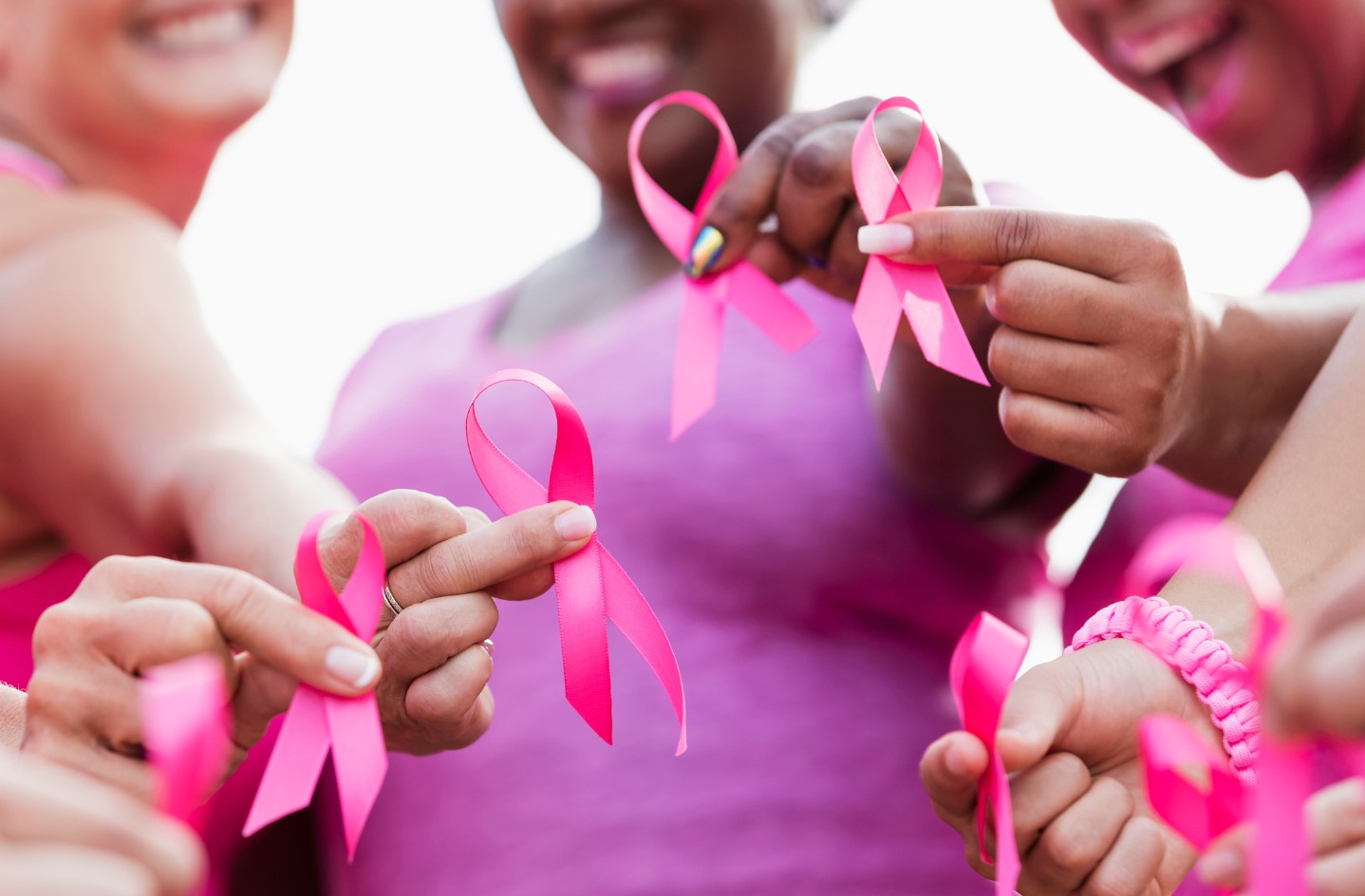Understanding the Holistic Care of a Women's Health Nurse Practitioner
FEB 10, 2026WHNPs consider the intricate interplay of physical, emotional, social, and spiritual factors that impact your health.
Read More
It's that time of year again! The weather is getting cooler, school is in full swing, and pink ribbons have sprouted up everywhere. October is Breast Cancer Awareness Month, and while it is a well-established cause that we have seen for many years, it doesn't mean it's any less important to use it as a reminder to be proactive about your own breast health.
The average risk woman has a 12% lifetime risk of developing breast cancer, that's 1 in 8. Thirty percent of new cancer diagnoses in women are breast cancer.
It is important to go over these points with your doctor, no matter what your age, to determine if you indeed have a higher risk for breast cancer. Sometimes we will offer additional or earlier testing to increase our chances of detecting a possible breast cancer sooner or at an earlier stage.
Screening for breast cancer has changed the game and improved survival rates.
We have shifted away from having patients do full self-exams, but it is still crucial to know what is normal for you. Many breast cancers are discovered first by patients themselves, especially in younger women. You should seek additional care if you feel a lump or mass, have nipple discharge, or if you have skin changes such as dimpling or a persistent rash, as these can all be concerning for cancer.
Some of these points may seem scary, but at the end of the day, knowledge is power. We, as women's health providers, want to empower you to be the best advocate for your own health! October will be over soon, but breast health continues all year.
Come see us at any of the CHI Women's Health locations. We'll be happy to help you get back on track with your breast cancer screening or get your journey started.

WHNPs consider the intricate interplay of physical, emotional, social, and spiritual factors that impact your health.
Read More
Raynaud's phenomenon is a rare disorder that affects the blood vessels, most commonly in the fingers and toes, but sometimes also in the nose, ears, or lips.
Read More
Learn about the myths and facts surrounding pap smears and cervical health.
Read MoreWhen you need local health information from a trusted source, turn to the CHI Health Better You eNewsletter.